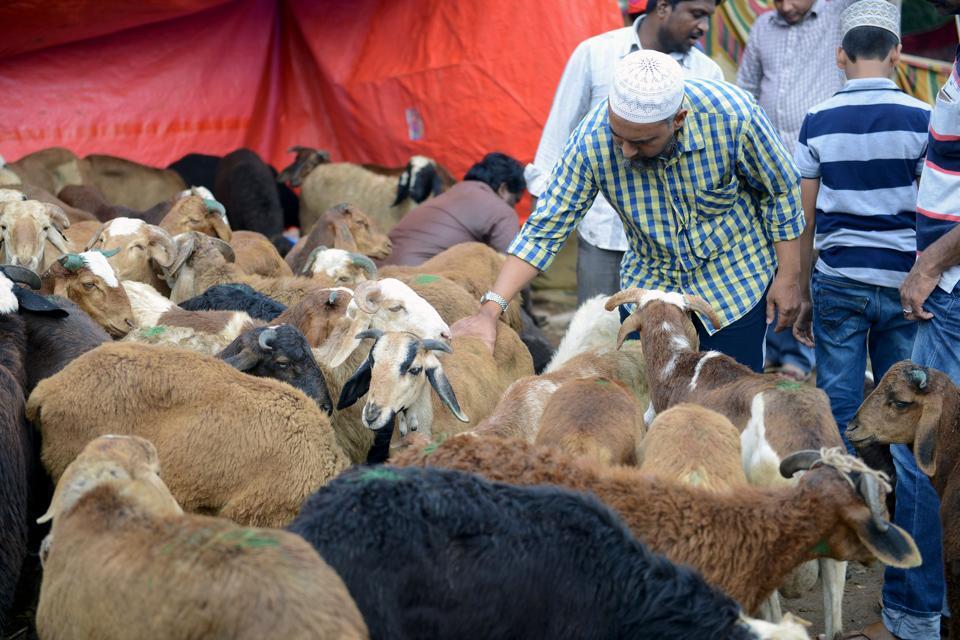A mass wedding with a twist where neither the brides nor the grooms will say “I do”. Instead, they will bleat!
The Goat Wedding near Mussoorie next month is set to draw over 500 villagers for the two-day festival that aims at strengthening gene pool of the goats for better lactation.
The mass wedding will involve goats of over 30 villages, and a band party will be at hand to play music.
Catalysed by Green People, a community that works towards ecologically responsible agro-tourism movement and runs home-stays in the name of Goat Village in Uttarkashi and Mussoorie, the event will set a benchmark in Uttarakhand on the lines of Rajasthan’s Pushkar camel fair.
The villagers will assemble at the festival where experts including veterinary doctors will pick healthy goats. Considering their nativity, goats will be picked from distant villages for the ‘Bakri Swayamwar’. Amidst Vedic hymns, the chosen lot will be married. Cash prizes will be given to the owners of the healthiest of the goats so that prize money could be used for buying better fodder. The money will be given to the person who will keep the goats.
The young ones will be considered for Swayamwars in subsequent years.
“The festival will be based on scientific and selective breeding. Healthier goats would mean healthy offspring, better lactation and optimum use of milk,” Roopesh Rai, founder of Green People, said.
Green People is selling farm produce of regional micro-farmers under the brand of ‘Bakri Chhap’ and they see a potential of marketing organic Himalayan goat cheese in five star hotels and up-market stores once the local production of goat milk picks up.
Concerned that goats are reared only for meat, Dr Anupam Dixit, senior scientist Central Institute for Research on Goats (CIRG) Mathura, pressed on the economics and social aspect of how its milk could bring in better livelihood opportunities for villagers.
“Eighty percent of goats in India are reared for slaughter. That’s because villagers pay little emphasis on its breeding. Goat’s milk and its products hardly contribute 4% of the market share. For a state like Uttarakhand, it’s necessary to focus on bettering gene pool. While meat would be one time settlement for villagers, milk and its products would help in deriving better market and long term returns,” Dixit told Hindustan Times.
According to the statistics of Uttarakhand Livestock Development Board, there are over 10 lakh goats in the state.
Dr Avinash Anand, chief executive officer (CEO) of Uttarakhand Sheep and Wool Development Board, directorate of animal husbandry, also backed this effort. “There’s little sensitisation towards improving heredity of goats. Through this platform, villagers will value health of the specie and would also create market for its milk and products.”
Source: Hindustan Times











